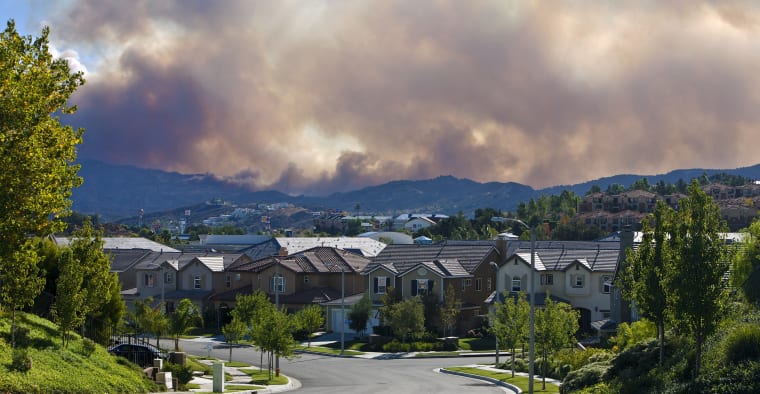After the Los Angeles Fires, Many Won’t Get Enough Insurance To Rebuild Their Homes

Nobody likes to pay their monthly homeowners insurance premiums. Or at least, we haven’t met anyone who does.
But the protection of an insurance policy is worth the annoyance. That is, provided it actually pays out enough.
Unfortunately, however, amid the rise of skyrocketing insurance prices wrought by both inflation and climate change, many homeowners may find themselves underinsured — that is, with policies that won’t actually pay out as much as they need to repair or rebuild their homes in the wake of a disaster.
And the recent spate of fires in Los Angeles is likely to be a hotbed for this dynamic. In fact, according to Amy Bach, co-founder of public interest advocacy group United Policyholders, estimates indicate that at least two-thirds of the victims of the L.A. fires will find themselves underinsured.
Why are homeowners underinsured more than ever?
It won’t be breaking news for most policyholders that homeowners insurance is more expensive than ever — while covering less.
And as premiums get higher and higher (both in disaster-prone areas and elsewhere), policyholders often respond in the way that makes the most short-term financial sense: lowering their level of coverage.
By opting for either lower insurance limits or a higher deductible, homeowners can lower their monthly premiums — but in exchange, they may have (much) higher out-of-pocket costs if the worst happens.
And even if homeowners don’t actively buy less insurance, they may find the same amount of insurance covers less as the cost of materials and labor increases over time with inflation.
How to avoid being an underinsured homeowner
Underinsurance is particularly dangerous for families that carry a lot of home equity, but have relatively little cash savings. Without adequate insurance protection, if a disaster should occur, the wealth wrapped up in the real estate is at risk.
Of course, those very same families are more likely to be struggling financially — which means keeping insurance premiums low may be a priority.
As a homeowner, your house doesn’t just put a roof over your head. It’s also likely the single most valuable asset you’ll ever own. That means having enough coverage to repair or replace it is critical — otherwise, you stand to go into debt to pay for those repairs out of pocket.
If you still owe money on your house, your lender is likely to require you to carry a high enough insurance limit to cover the loan amount.
That will, at the very least, keep you from the unhappy eventuality of paying mortgage payments on a burned-down house — a reality for many today in southern California. (Fortunately, many lenders have agreed to provide mortgage relief to fire victims, a voluntary trend that may be signed into law with Assembly Bill 238.)
Still, double-checking your coverage amounts on a regular basis is a critical step. While doing so, you should be realistic about the risks your home faces, the expenses those risks would bring if they came to pass, and how much your family really could afford to spend out of pocket. You should also make sure you understand what your policy doesn’t cover as well as what it does.
Shopping around for insurance coverage really can save you money — and that’s true for homeowners, renters, auto and medical insurance policies. (Underinsurance is on the rise in the world of health insurance, too.)
Fortunately, these days, it’s easier than ever to compare homeowners insurance quotes online, along with checking out reviews to ensure you’re working with a reputable company.
Editorial Note: The content of this article is based on the author’s opinions and recommendations alone. It has not been previewed, commissioned or otherwise endorsed by any of our network partners.
